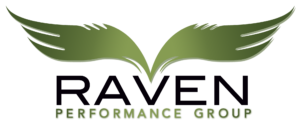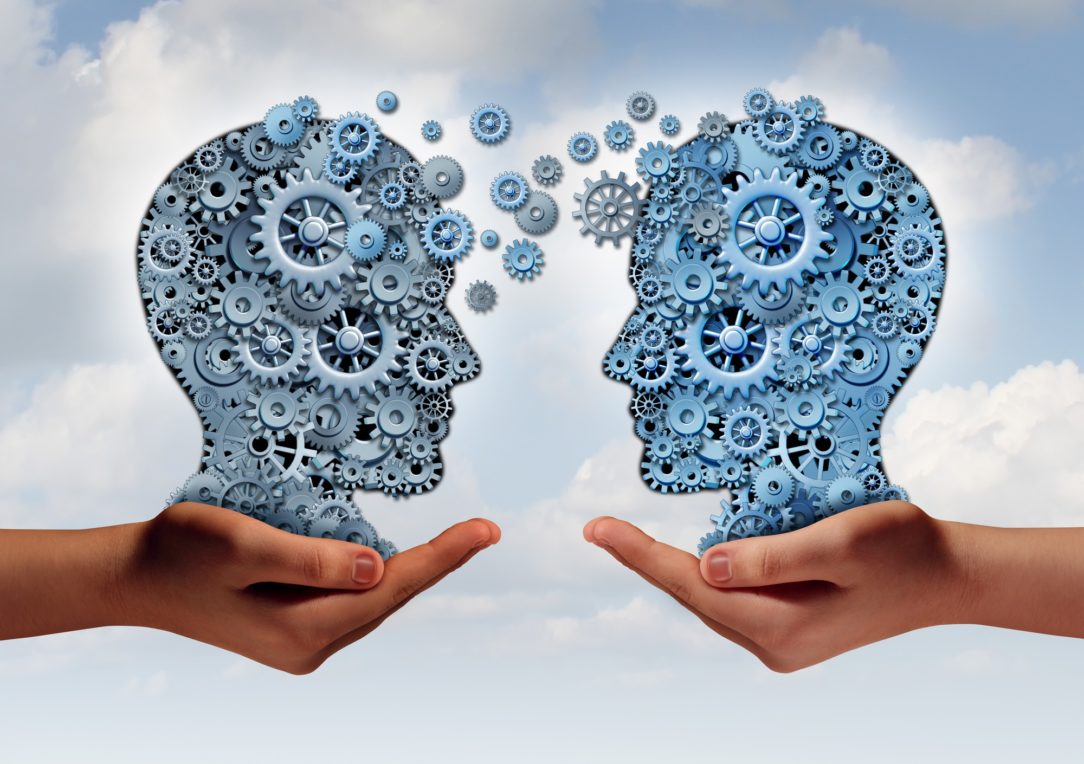Rapidly identify the skills your recovery business model depends on. Map out the skill pools that will drive your business forward. Specify the quantity and type of people you need.
Build employee skills critical to your new business model. Design a tool kit of skills that will be useful no matter how employees’ roles may evolve. Focus on these transferrable skills: digital, higher cognitive, social, and emotional, and adaptability and resilience.
Launch tailored programs to close critical skill gaps. Leaders must determine what new skills will be needed for what’s on the horizon in the next 12-18 months.
Start now, test rapidly, and iterate. Developing and renewing reskilling programs makes organizations better prepared for future role disruption.
Act like a small company for a big impact. Smaller companies are more agile and successful at making bold moves quickly. They also tend to have a clearer view of what to do about their skill deficiencies.
Protect learning budgets (or regret it later). Make skill building a key strategic lever for adapting to the next normal. Continue to build on the systems you have developed in the past year.
Past crises have motivated companies to respond with urgency, building critical skills in their employees. This pandemic has accelerated a trend that was already underway through automation and AI. By growing the necessary skills now, you are ensuring your future success.
The road is easier together,

Time is precious. We are grateful you’ve chosen to spend some with us today.

